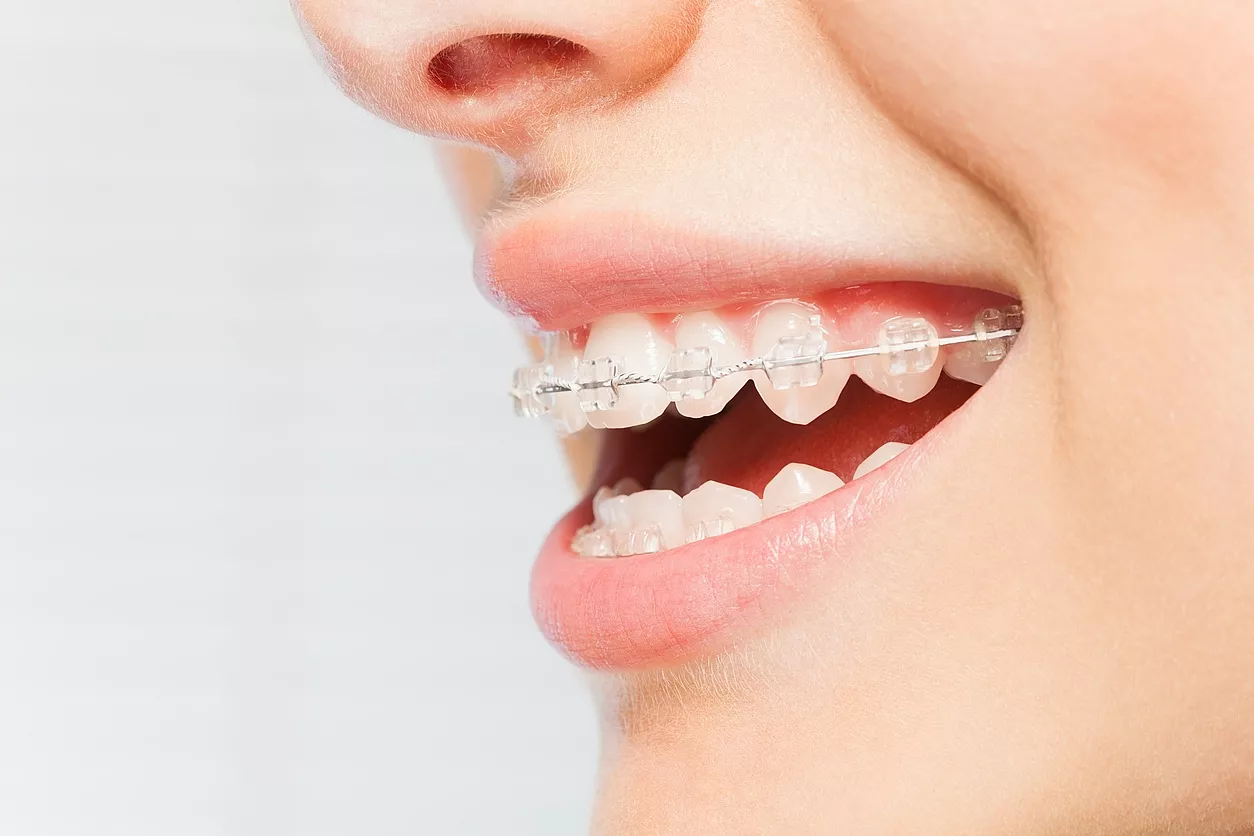Understanding Ceramic Braces
Ceramic braces are similar to traditional metal braces but with a significant difference: the brackets are made from ceramic material, which blends in with the natural color of your teeth. These braces offer the same effectiveness in aligning teeth but with the added benefit of being less visible; making them an excellent choice for teens and adults who are concerned about the appearance of metal braces.




